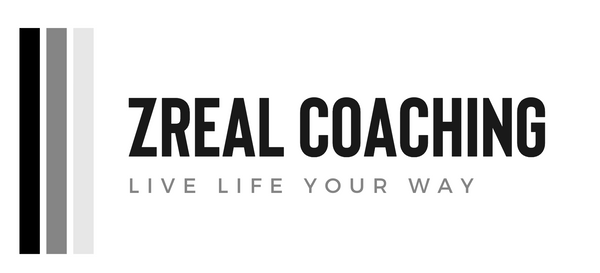
The Courage to Be Real: Why Vulnerability Is True Strength
Why Vulnerability Is Strength
It’s easy to wear masks. It’s safe. It’s predictable.
But the moment you allow yourself to be seen — not the filtered, polished version, but the raw, human one — you empower others to do the same.
When you stop pretending, you create real connection.
When you share honestly, you build trust.
And when you own your emotions, instead of hiding or numbing them, you begin to heal and grow.
We fear judgment, rejection, and disappointment. We think saying how we really feel could lead to negative outcomes like rejection or conflict.
But what if the opposite is true?
What if honesty draws in the right people and releases the wrong ones?
That’s the brave art of being honest — finding the courage to speak your truth, even when your voice trembles, and learning that freedom in feeling is the hidden power that sets you free.
The Freedom of Taking Off the Mask
Life feels lighter when you don’t have to perform.
There’s no script to follow, no image to protect. You can just breathe, be honest, and exist as yourself — unfiltered and enough.
That’s when happiness begins — when you can sit across from someone and speak without fear of being “too much.”
When you can admit, “I’m struggling,” or “I care,” or “I don’t have it all figured out,” and feel peace instead of embarrassment or shame.
That is freedom — the freedom in feeling, the hidden power of vulnerability.
It takes courage to be unmasked.
To show up as yourself, flaws and all, is to say: I am strong enough to be soft.
The Many Masks We Wear
Throughout life, we learn to hide parts of ourselves behind masks — personas we believe will keep us safe, loved, and accepted.
But in truth, they keep us disconnected from who we really are.
The Masks of Men
-
The Stoic Mask: Showing no emotion, believing strength means silence.
-
The Athlete Mask: Defining worth through performance or physical success.
-
The Material Mask: Chasing wealth and possessions to feel valuable.
-
The Sexual Mask: Seeking validation through conquests instead of connection.
-
The Aggressive Mask: Using dominance or anger to hide insecurity.
-
The Joker Mask: Using humor to deflect pain.
-
The Invincible Mask: Pretending nothing can hurt you.
-
The Know-It-All Mask: Hiding fear of failure behind confidence.
-
The Alpha Mask: Believing leadership requires control, not vulnerability.
These masks often grow from pressure — the need to prove strength, success, or emotional control. But they also rob men of depth, tenderness, and connection.
The Masks of Women
-
The Nurturer Mask: Feeling you must always care for others first, even when you’re empty.
-
The Pleaser Mask: Saying “I’m fine” while your heart screams otherwise.
-
The Appearance Mask: Believing beauty equals worth.
-
The “Having It All” Mask: Striving for perfection in every role and still feeling “not enough.”
-
The Professional Mask: Hiding your softness to appear competent or strong.
-
The Stoic Mask: Swallowing emotions to avoid being called “too emotional.”
-
The Perfect Mother/Wife Mask: Measuring love by sacrifice instead of authenticity.
These masks are worn to gain acceptance, avoid criticism, and survive in systems built on expectation.
But over time, they keep us from what we crave most — realness, peace, and self-acceptance.
How to Begin Living Unmasked
-
Start with awareness. Notice when you’re performing — saying “yes” when you mean “no,” smiling when you’re tired, or hiding emotion behind a joke.
-
Practice small honesty. Begin with safe people and simple truths. “I don’t know.” “That hurt.” “I feel nervous.”
-
Create emotional safety. Surround yourself with people who honor honesty over perfection.
-
Release old stories. The idea that vulnerability is weakness is a lie. Every honest word, every tear, every moment of openness is power.
-
Forgive the masks. They once protected you. You don’t need to hate them — just recognize you no longer need them to survive.
Living Unmasked
To live unmasked is to live free.
To love without armor.
To speak without apology.
That is Unmasked: How Vulnerability Sets You Free.
It’s the brave art of being honest — the discovery that your softness is not a flaw but a form of power.
That your openness is not fragility, but strength.
That your truth is not too much — it’s just real.
The courage to be real isn’t about being fearless — it’s about being human, fully.
Because the greatest strength of all is to be strong enough to be you.
